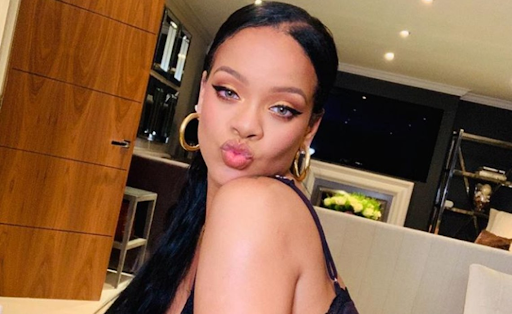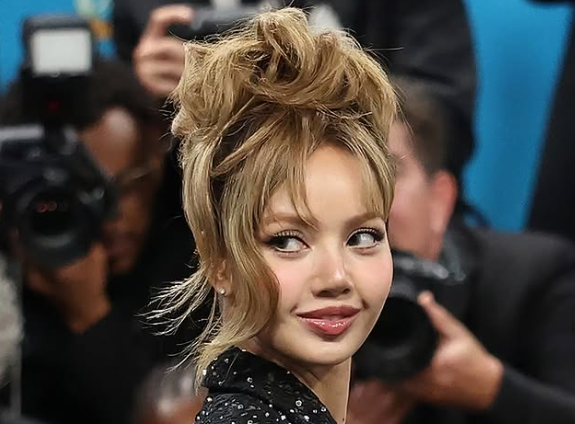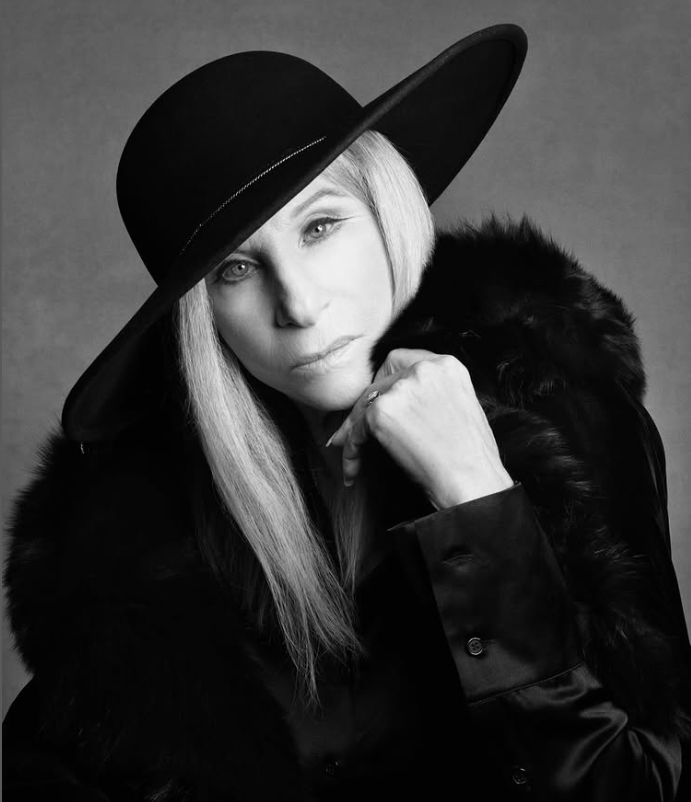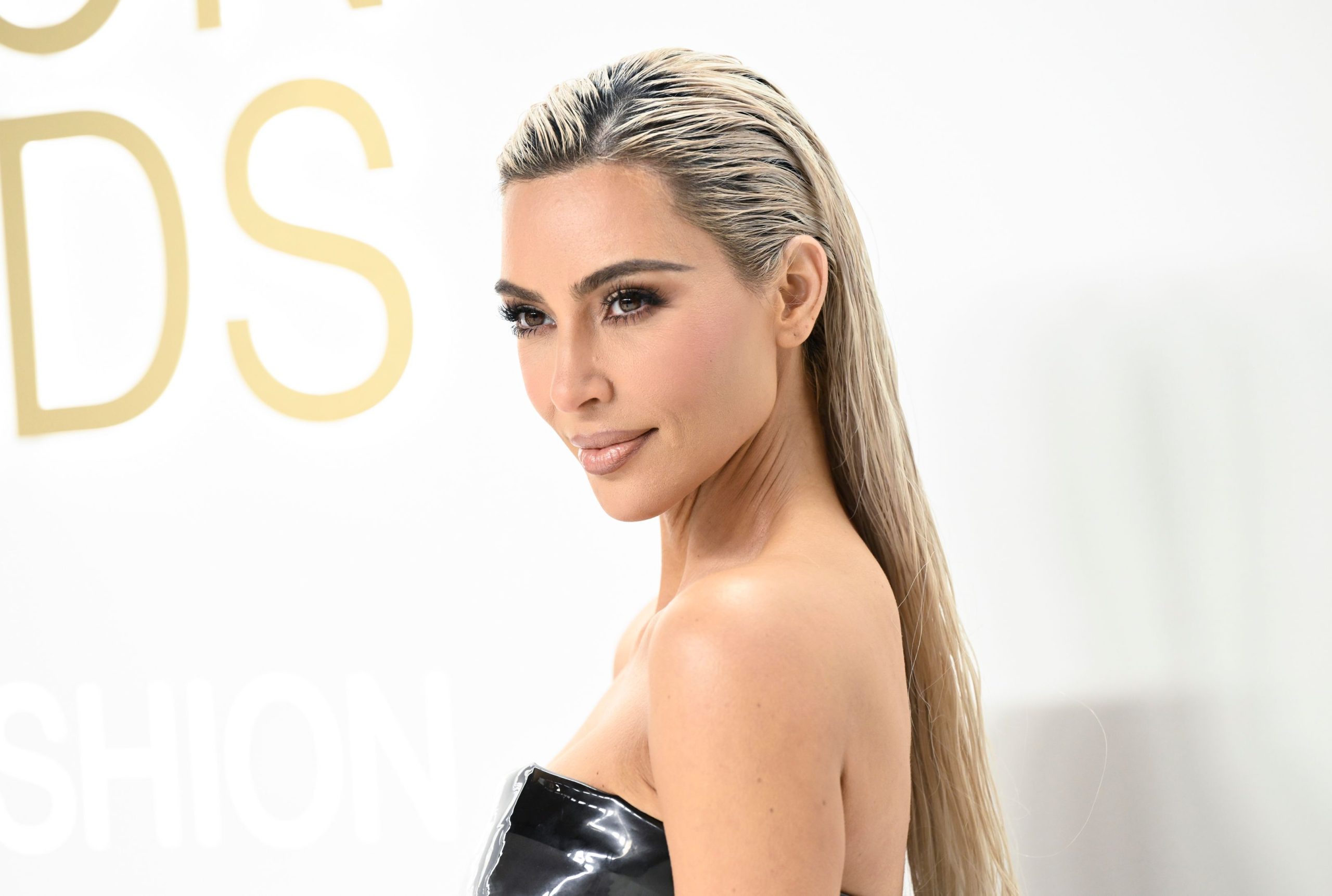
Yesterday, WWE announced they released Andrade after news of his request to leave the company broke last week.
The 31-year-old Mexican superstar confirmed the rumors surrounding his desire to leave the company last Thursday via his Twitter account. The former United States Champion is one of the many talented performers on Vince McMahon’s roster who wanted to leave WWE due to their terrible booking and lack of creative direction for their characters.
The rumors are true and I don’t know what the future holds but I want to make my dreams come true. thank you for gi… https://t.co/JRJT6oujMR— “EL IDOLO” ANDRADE (@“EL IDOLO” ANDRADE) 1616073934.0
Andrade’s inability to grab Vince McMahon’s proverbial brass ring is through no fault of his own. He proved himself to be a main event talent in NXT as the top champion, alongside manager and former WWE superstar Zelina Vega, thanks to his natural charisma and five-star caliber matches.
Both fans and WWE officials thought his arrival on the main roster in 2018 would result in him being dubbed the company’s biggest Latin superstar since legendary luchador Rey Mysterio.
Sadly, Andrade’s polarizing WWE experience is familiar to many stars whom Vince McMahon has acquired from abroad. The company has developed a reputation for taking world-renowned talent and reducing them to watered-down versions of themselves to appeal to an American audience, instead of letting them flourish in the same fashion they had before signing with WWE.
To further highlight WWE’s mismanagement of its international superstars, we listed six reasons they often fail at getting over while there.
History of Xenophobia
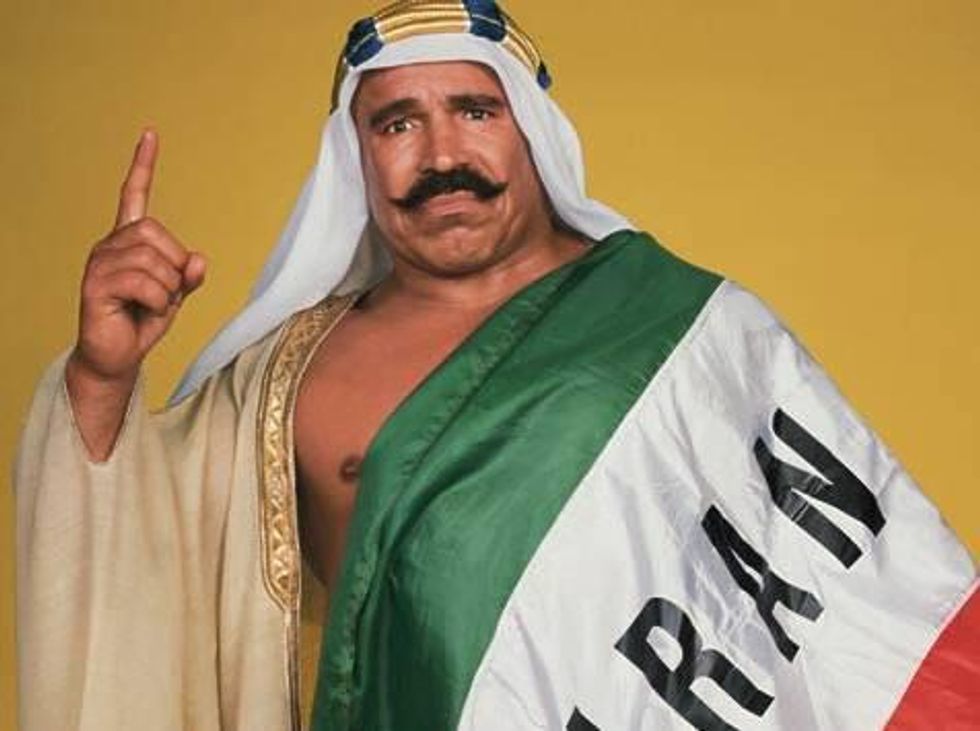
The Iron Sheik
The foreign heel gimmick is one the most rehashed in professional wrestling. Wrestlers like Nikolai Volkoff and The Iron Sheik are icons in the industry due to their portrayal of loathsome evil-doers looking to conquer America by beating all of its muscle-bound patriots, all while covered in baby oil and wearing spandex. It’s a predictable yet reliable character that still manages to generate heat to this day.
The “foreign menace” schtick helps perpetuate the idea that everyone with an exotic accent who resents Americans is immediately the villain. WWE tends to give its audience someone to boo while subconsciously conditioning fans to view any dominant and aggressive foreigner with a distaste for our country as an enemy, even if their criticism is fair and accurate.
Changing Styles
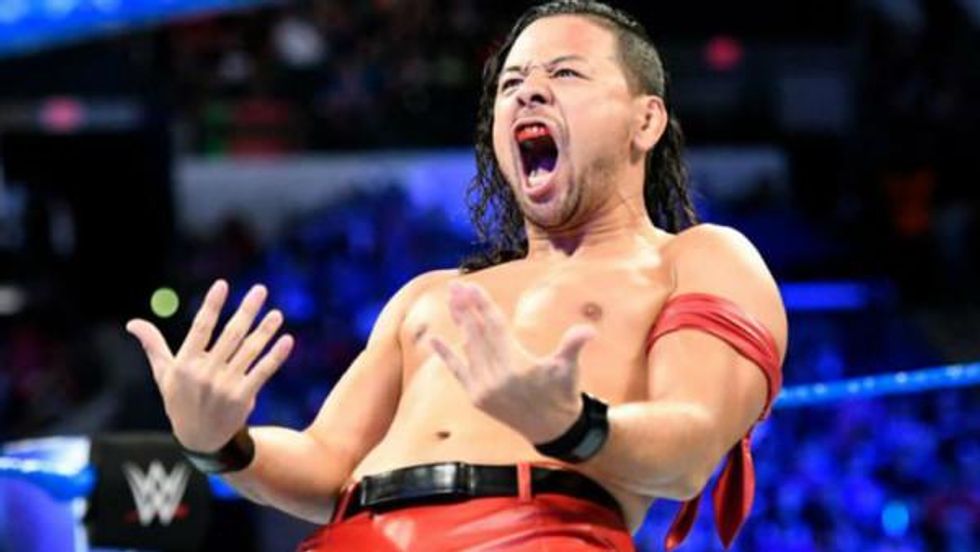
Shinsuke Nakamura
Most die-hard professional wrestling fans enjoy the hard-hitting style of Japanese wrestling and the acrobatic technical brilliance synonymous with Mexico’s Lucha Libre style. WWE and NXT’s talent pools consist of performers from both places looking to apply their trades on a platform with an international reach. Unfortunately, WWE often alters the styles that drew them to performers in the first place.
NXT allows foreign talent liberty and freedom when it comes to their characters and match creation. They look to preserve the essence of an incoming wrestler’s presentation with hopes of them getting over in front of an American audience on their own terms.
Meanwhile, the main roster’s propensity to overproduce matches to appease its less-refined fanbase often causes wrestlers to swap their exciting move sets for the WWE’s duller and sometimes hammy style. See Shinsuke Nakamura for reference.
Stereotypes as “Humor”
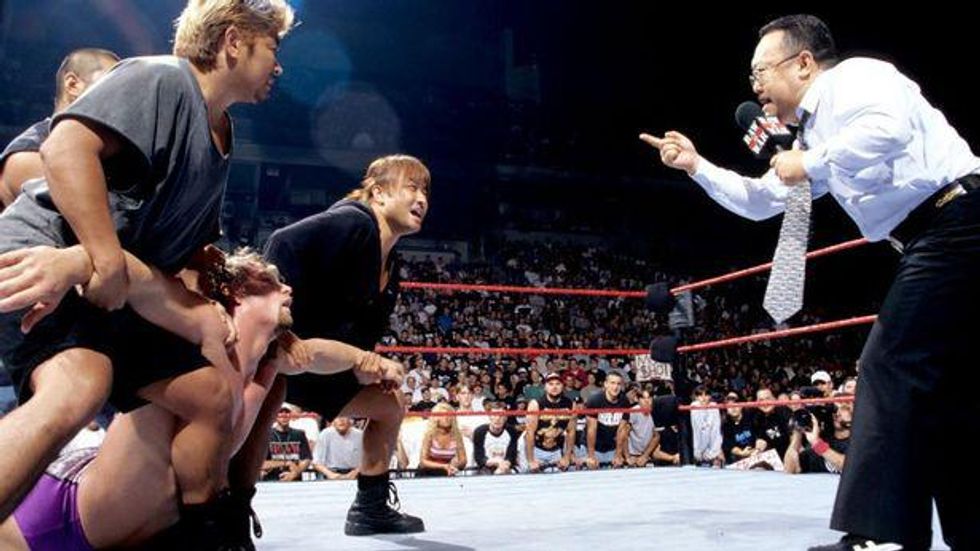
Kaientai
WWE’s primary focus is always entertainment — hence, the name. But attempts at entertaining their insatiable but loyal viewers often drift into the realm of being controversial and offensive. Social and cultural insensitivity is often prevalent in angles that involve superstars who are women, people of color, and immigrants.
For example, during its chaotic yet profitable Attitude Era, the Japanese tag-team Kaientai conducted promos where their voices were dubbed over in English a la 70s Kung-Fu film.And in 2005, legendary luchadors Psicosis, Juventud Guerrera, and Super Crazy made their WWE debut as The Mexicools. The trio exhibited every racist stereotype of Mexicans, including their entrance, which consisted of them riding to the ring on lawnmowers.
Death by Comparison
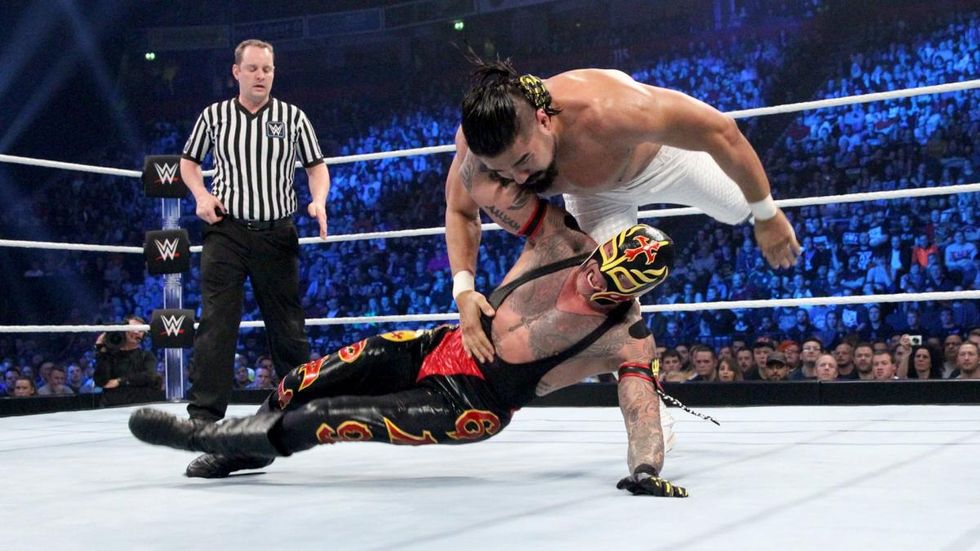
Rey Mysterio vs. Andrade
Vince McMahon created some of professional wrestling’s most unique and innovative characters. If it hadn’t been for him, there would be no Hulkamania or Austin 3:16, and we all would be able to see John Cena. But McMahon and the WWE regularly kill superstars’ chances of excelling in the business by making them the next incarnation of a previously iconic performer.
WWE’s never-ending quest to find the next Rey Mysterio has resulted in stop-start pushes for various Latin superstars. These unrealistic expectations end with the superstars sliding down the card when their only crime is not being someone else. It seems that when looking for an international cash cow, Vince would rather have performers be like someone already established instead of featuring their unique talents.
Disingenuous Pushes
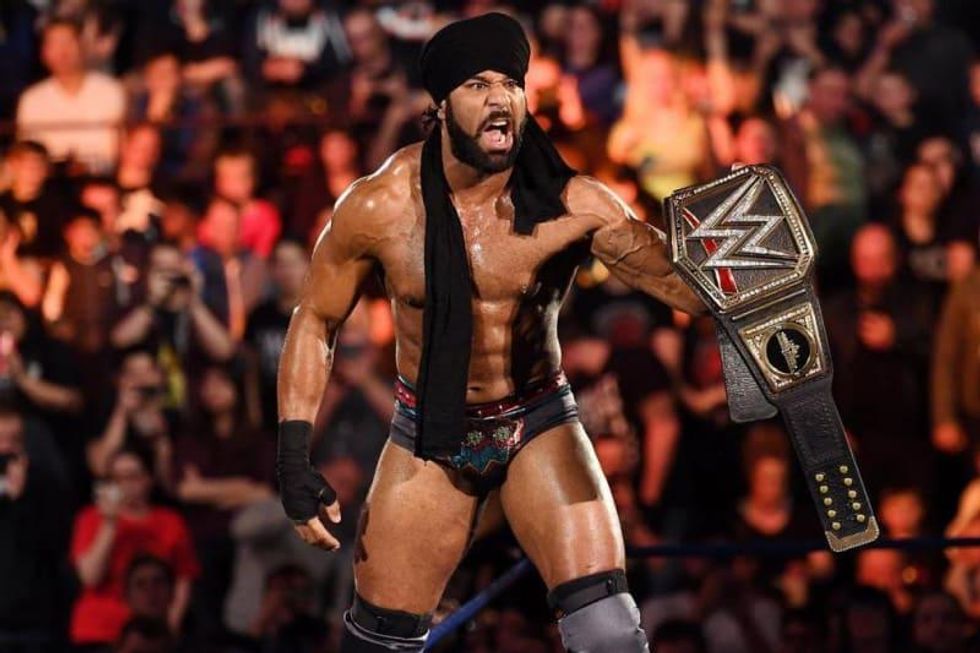
Jinder Mahal
WWE’s global appeal has led to the company’s expansion into various foreign markets. NXT UK is the home of some of the United Kingdom’s brightest wrestling stars. Their Saudi Arabia deal has garnered them an unprecedented level of publicity and exposure, despite a backlash. WWE’s expansion into more international markets is for sure a win for the company. However, it comes at the expense of the superstars in the particular demographic they’re trying to crack.
Jinder Mahal’s sudden emergence from jobber to WWE’s first Indian World Champion is the perfect example of the company’s shameful and oblivious pandering. WWE’s desire to capture the Indian market led to one of the worst championship reigns in the title’s history. It wasn’t Mahal’s fault they handpicked him to be their token representative, but WWE’s rushed booking and lust for greed put him in a position he wasn’t ready for.
“Learning English”
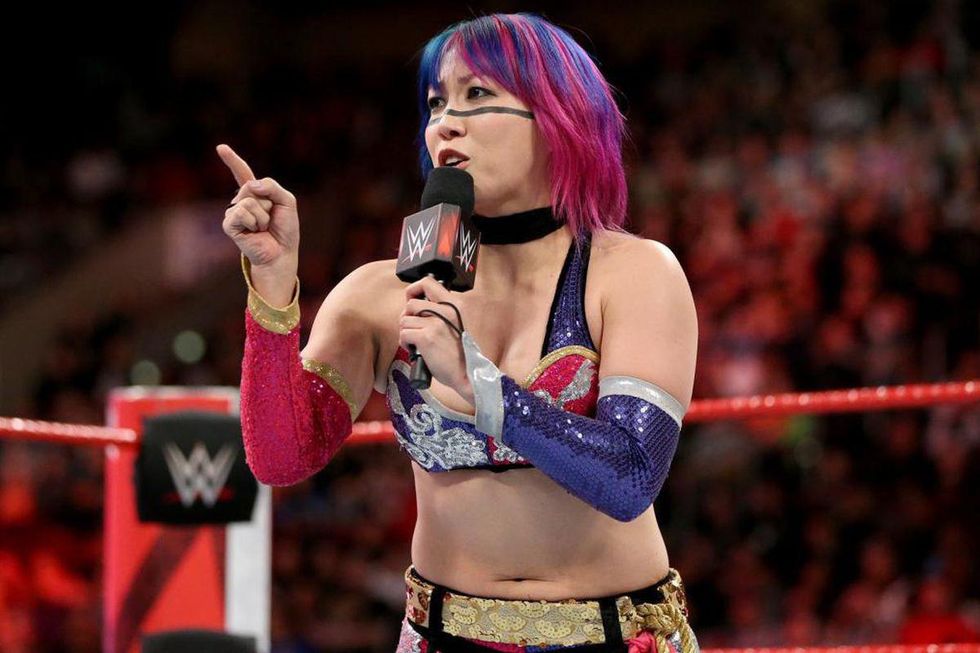
Asuka
Today’s wrestling climate requires its performers to be able to engage the crowd with their words as well as their in-ring action. Many superstars have solidified their careers by cutting a promo that gets the WWE Universe excited and invested in the character, their matches, and anything concerning their on-screen interactions.
But what about the superstars whose first language isn’t English? One of the strikes against Adrande and other international wrestlers employed by WWE is that their limited English stands in the way of them connecting with the crowd. The emphasis on “improving their English” to further their standing in the company is another inappropriate incentive that insists that the only way to get over like The Rock is to talk like him.
Is there another reason you think WWE is bad at booking its international talent?
Sound off on Twitter @Popdust and let us know using the hashtag #ListedByDeascent!


